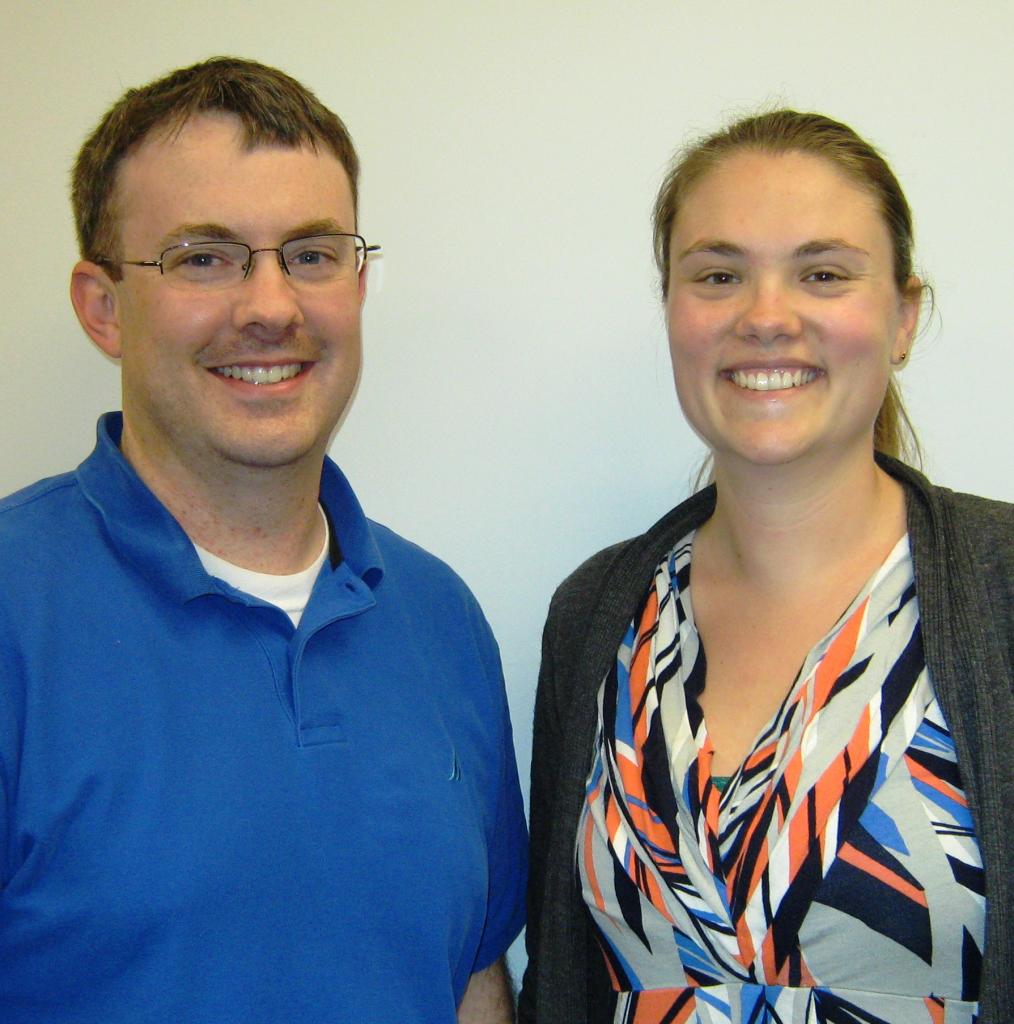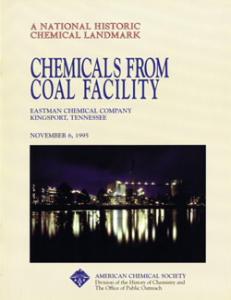Making the transition from ChE student to ChE professional means entering a new phase of education. Some is from books or continuing-education courses, but a lot is from colleagues and on-the-job experience. This series listens to recent hires and their mentors from different jobs, industries, and locations. They'll tell us what they've found they had to learn.

Alanna "Lane" Daley has just finished her second year of work at Eastman Chemical, the seventh largest chemical company in the United States. She is a process improvement engineer working in separations. I had the pleasure of teaching her separations and mass transfer class when she was an undergraduate at North Carolina State, and she has had to learn a lot more than I taught her!
That is as it should be. Courses provide valuable skills, but more importantly, they provide the foundation for learning the many more details needed for the job.
In the classroom, we cover distillation of ideal and nonideal mixtures, absorption/stripping, extraction, membrane separations, and adsorption, plus fundamentals of steady-state and unsteady-state mass transfer - pretty typical for a one-semester course in the subject. Students come out with solid skills, but maybe only a few out of her class of 115 will work directly with distillation, and some more will work indirectly with it. The same goes for most other specific processes, and some will eventually work with separation processes that don't exist yet.
Let Lane tell about her experience:
Initially, I supported specialty solvent production. In that role, I spent 30-40% of my time on technical assistance, i.e., troubleshooting operational instabilities and executing reliability projects. However, the majority of my time was spent developing long-term improvement projects to increase production or decrease cost. Recently, I've been reassigned to acetic anhydride production, still in a process-improvement role and spending almost all of my time on medium-to-long-term improvement projects.
My degree supplied me with the tools I needed to learn engineering "on the job." There have been so many learning opportunities in my job that I struggle to pull out the key components.
What has probably proved most useful in my job is a better understanding of practical separation methods. I have been fortunate enough to retain experience with complicated solvent chemistry involving liquid-liquid equilibriums and numerous azeotropes as well as extractive and reactive distillation. I've also had the pleasure of working with decanters, centrifuges, reactors of all sorts, high-pressure pumps, and various types of vacuum systems (just to name a few!). Troubleshooting opportunities and internal inspections on columns have taught me many of the intricacies regarding distillation in practice. Because most of my experience is with solvent production, I have found a better understanding of distillation to be the most use to me.

Using reactive distillation making acetyl chemicals has been a key process development by Eastman Chemical. It makes use of synthesis gas from coal gasification, a distinctive capability in the United States, and it can also be of use for the growing international interest using natural gas in gas-to-liquids technologies.
For an additional perspective, I contacted Josh Keller, Lane's mentor. He is a 2005 BSChE from Georgia Tech. Before coming to Eastman eight years ago, he had co-oped at Konica Minolta in Whitsett, NC, and Georgia Pacific in Brunswick, GA. At Eastman, he has worked in various process improvement roles and manufacturing support roles and is currently a staff engineer supporting specialty solvent manufacturing. He provides day-to-day technical support, capital project management, and environmental compliance support. He reflects:
As both a fairly new chemical engineer (<10yrs experience) and a mentor of recent college engineering graduates, there are a few gaps between what is taught in college and what is required as a chemical engineer supporting a manufacturing facility. One of the biggest issues that my mentee expressed, and that I experienced as well, was a lack of practical knowledge about equipment design. For example, what is the difference between a globe valve and a ball valve? Why would you use one versus the other? The same can be said about instrumentation, pumps, distillation columns and heat exchangers. There are numerous subtle design choices that can significantly affect the safety, operability, reliability, and cost of a project that often require the guidance of a senior engineer as the new hire completes their first project.
The area that my mentee and I supported has process shutdowns to clean a distillation column. For a new hire, shutdowns are great learning experience. They allow an inside look at equipment whose functioning can be hard to comprehend. Explaining how a multi-pass shell and tube heat exchanger works is easier when you can look at both the tube sheet and the bonnet, and see how the fluid passes through one section of tubes to the next. It also allows for opportunities to ask (or answer if you have an inquisitive mentee) questions like "Which process should go on the tube side, and why?" Being able to see and touch a piece of equipment provides a tangible learning experience that is able to reinforce the theory learned in school.

Beyond learning new technical skills
Josh also offered his thoughts about the need to develop good communication skills. Despite the many presentation and writing opportunities in school, these skills have to be augmented with greater understanding of people and how to provide the information they need. Josh said:
Another area where I see new engineers struggle is communication. I have heard too many stories from operators about new engineers who tried to tell them how they should operate a piece of equipment. During graduation, we are lauded for this great accomplishment we have just completed, that we have the opportunity to go out into the world and make it a better place. We leave college with a great sense of pride and ambition. This can often lead a new hire to be overly confident in their knowledge and ability. This overconfidence can sometimes come across as arrogance, which can severely hinder a new engineer, as people will become less receptive to their ideas.
Effective communication plays a vital part in an engineer's ability to be successful. A new engineer has to learn how to sell their ideas to both management and operations. Being able to do both effectively is more difficult than most perceive it to be. While mentoring, it is good to observe the mentee's interactions with others early, as it does not take long to make a poor first impression.
A few years ago I had the opportunity to take a class related to understanding my own communication style and how to recognize the communication style of those around me. This class did a good job explaining how to tailor your communication to your audience. The key insight was that everyone values different information and presentation styles. This is especially helpful when presenting information to different levels of management.
Lane is off to a great start professionally, on the job and off. She is an AIChE Young Professional member, Society of Biological Engineering member, and is vice chair of the East Tennessee Local Section.



Comments
Lane Daley's observations at Eastman Chemical show how normal -- and how demanding! -- it is to have a lot of technical and nontechnical things to learn an any new job. An important aspect is the range of sources that may be required, including formal study, mentored guidance and feedback, and self-study.